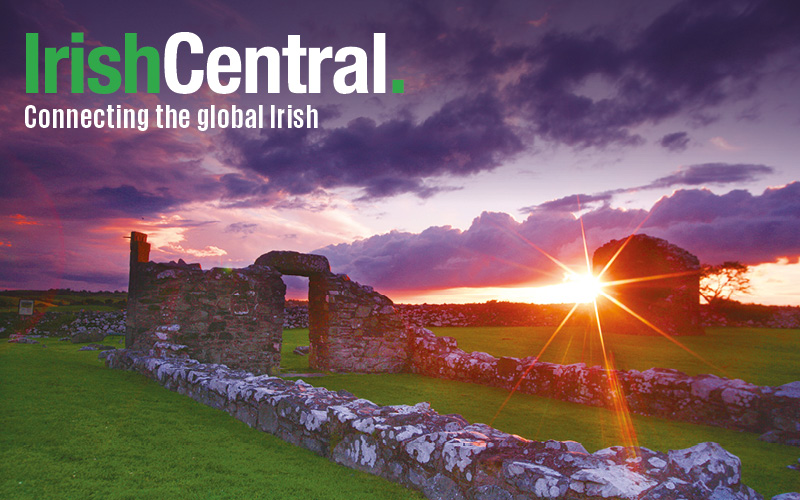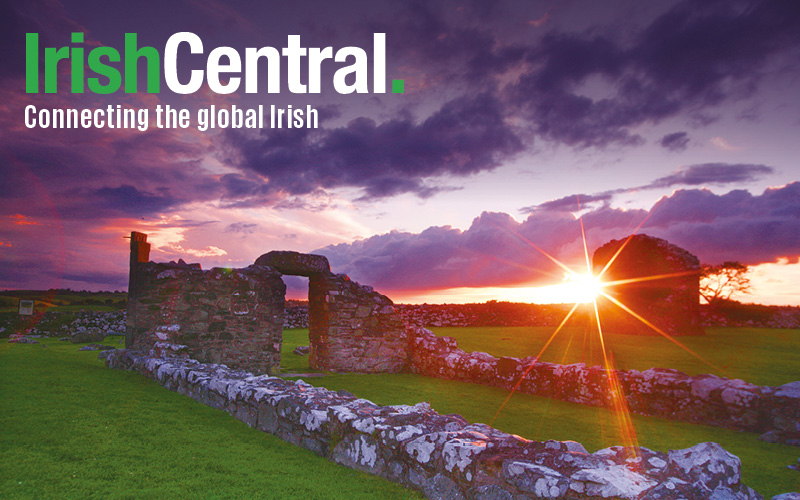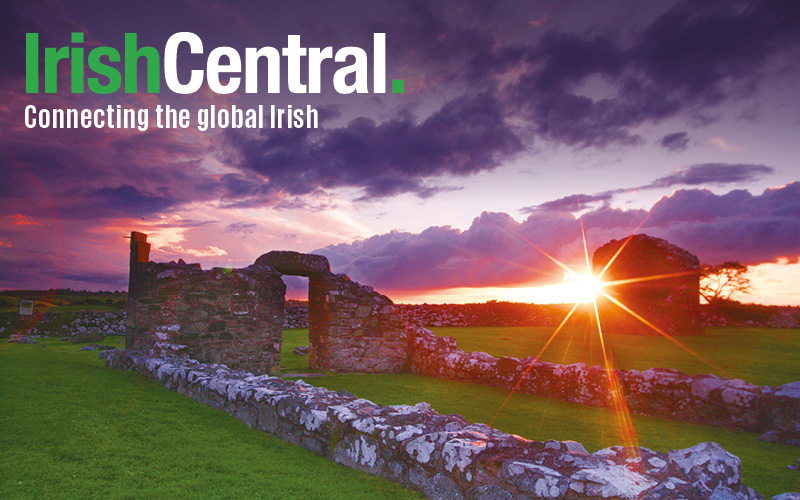I see the poppy fascists are still out in force in Britain today, Remembrance Day.
James McCLean, the Wigan Athletic footballer from Derry who refused to wear a poppy emblem on his jersey because of the Bloody Sunday massacre in his home town of Derry has been slammed, threatened and abused on social media.
The Daily Telegraph reported his stance “sparked fury” and angry reaction from fans when he came into the game against Bolton as a substitute on Friday night.
In an earlier iteration he was sent death threats in 2012 for refusing to wear the symbol.
It seems little has changed.
A huge vigilante group in the media and among war glorifiers watch carefully for any transgressions. It is the military version of political correctness gone mad. For weeks before they are gimlet eyed, seeking transgressors, ready to pounce.
British anchorman Jon Snow, one of the finest journalists in the business, has called their activities “poppy fascism.”
McClean wrote a wonderful and clear letter on where he stood on the poppy issue which basically boiled down to the fact that , even though he was born in Derry long after Bloody Sunday when the paratroopers killed 14 in January 1972, his heritage and history meant that he could not wear one.
He stated “For me to wear a poppy would be as much a gesture of disrespect for the innocent people who lost their lives in the Troubles – and Bloody Sunday especially – as I have in the past been accused of disrespecting the victims of World War One and World War Two. It would be seen as an act of disrespect to those people; to my people.”
McClean has done himself and the British a favor by pointing out that war is not all about clean cut heroes going off to fight and that there are very differing views of conflicts. Myself I’ll wear my own poppy when the British wear an Easter Lily remembering the Easter Rising of 1916 dead – that is it, pure and simple. Nobody should be forced or coerced to wear a symbol of a war they disagree with.
The First World War for instance was a complete abomination, a blood filled massacre on a thousand battlefields that left millions dead and ravaged and led to the even bloodier Second World War conflict.
To this day no one can satisfactorily explain why it started other than a string of royal families ranging from the Czar of Russia to the King of England to the Kaiser in Germany, all related, staging their version of “Family Feud.”
Thirty seven million died including 8 million soldiers in the bloodiest war in history to that point – and we are supposed to celebrate that?
Beside that, Patrick Pearse’s 1916 Irish Rebellion with 446 killed was like a rounding error for the First World War casualties.
On a point of principle I would not want to commemorate it, no more than I would the Vietnam War here which I regard as the closing kick of American paranoia about communism in Southeast Asia.
Very few wars are just, as the churches and your common sense will tell you, and World War One, which has its origins in a series of utterly obscure events in the Balkans, will never be in that category.
Of course there were brave men who fought in it and died, lions led by donkeys as the Ulster Volunteers called it, but that does not excuse its utter uselessness.
Why should we ennoble that dreadful struggle where the upper classes of Europe sent millions of working-class men to their deaths?
No way say I that it should be remembered and treated as some kind of antiseptic heroic deed from long ago.
The men who died so needlessly would surely not want it so.
McClean has done us all a great favor by pointing this out.




Comments